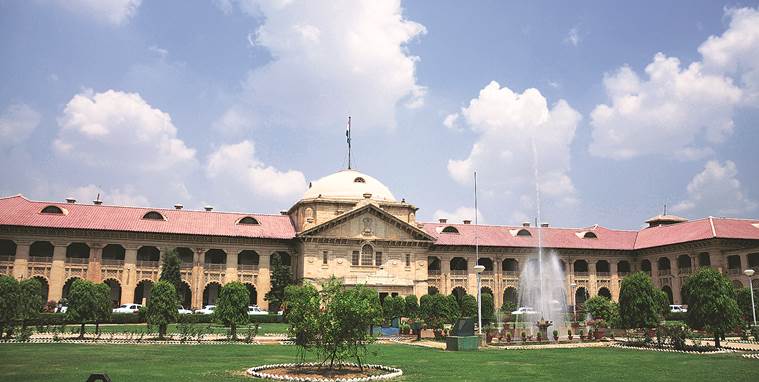Rehan Khan
On 15th September, the Allahabad High Court declared that a Hindu marriage, which is rooted in sacraments, cannot be dissolved or terminated like a contract. A division bench comprising Justice Saumitra Dayal Singh and Justice Donadi Ramesh stated that the dissolution of a Hindu marriage can only occur in limited circumstances and based on evidence presented by both parties involved.
The case was an appeal filed by a woman against a 2011 judgment from the Additional District Judge of Bulandshahar, which had allowed the dissolution of her marriage at the behest of her husband. The two got married on February 2, 2006, when the husband was serving in the Indian Army. According to the husband’s claims, the wife deserted him in 2007, leading him to file for divorce in 2008. The wife initially expressed her willingness to live separately during mediation but later changed her stance and contested the divorce proceedings.
The court, “Once the appellant claimed to have withdrawn her consent and that fact was on the record, it never became open to the learned court below to force the appellant to abide by the original consent given by her that too almost three years later,” said the court, adding, “To do that would be a travesty of justice.” It criticized the lower court for relying solely on the wife’s first written statement without considering subsequent developments, including the fact that the couple had reconciled and had two children together.
Advocate Mahesh Sharma, representing the wife, brought forward evidence showing that the wife did not suffer from infertility, a claim made by the husband. The wife had given birth to two children, further weakening the husband’s case. However, despite this evidence, the lower court granted the divorce based on the wife’s initial consent given during the first mediation.
The High Court emphasized that mutual consent for divorce must exist at the time of the final order, not just at the start of the proceedings. It observed, “Even if these were Section 13-B proceedings, the Court below could not have ignored the statutory principle enshrined therein – that other thing apart, free consent to dissolve the marriage must not only arise at the stage of first motion of a proceeding under Section 13-B of the Act but it must survive and sustain at the stage of second motion.”
Based on these considerations, the High Court set aside the 2011 judgment and remitted the matter to the lower court for fresh proceedings. It noted that if the mediation fails, the wife should be allowed to rely on her second written statement, and the respondent should be given the opportunity to file a replication statement.

